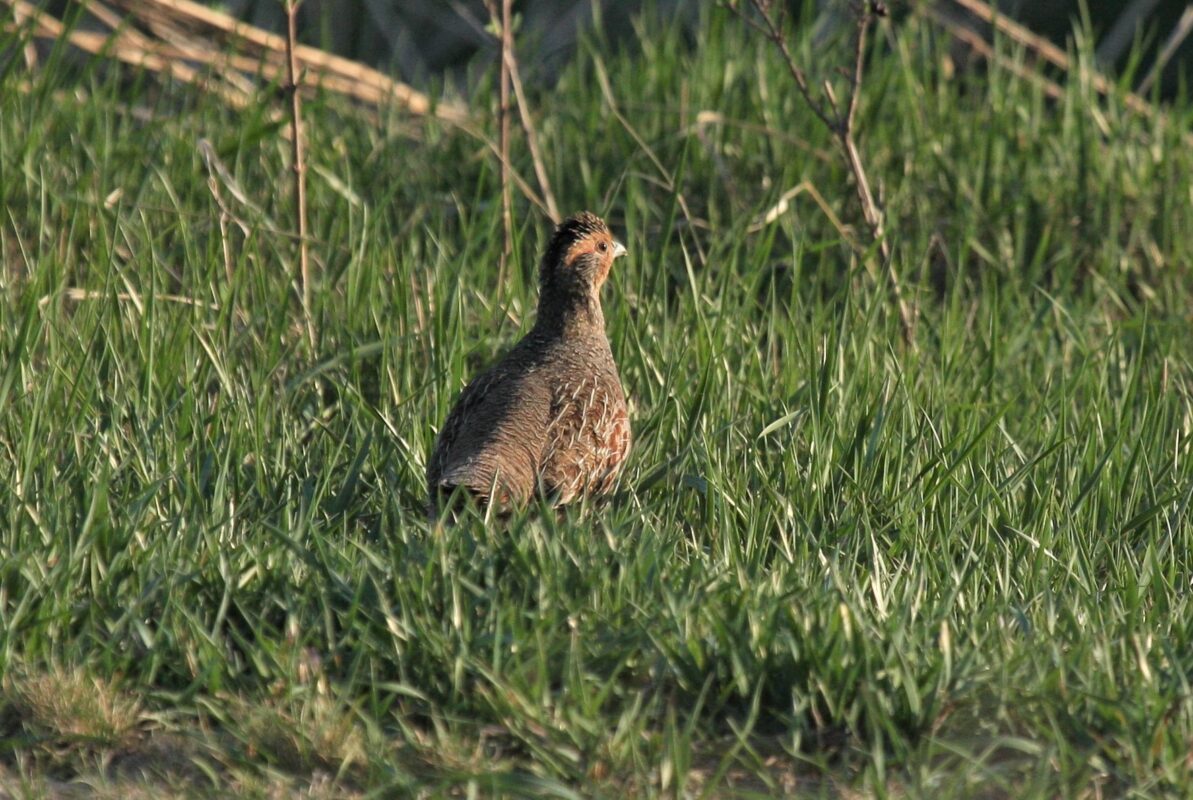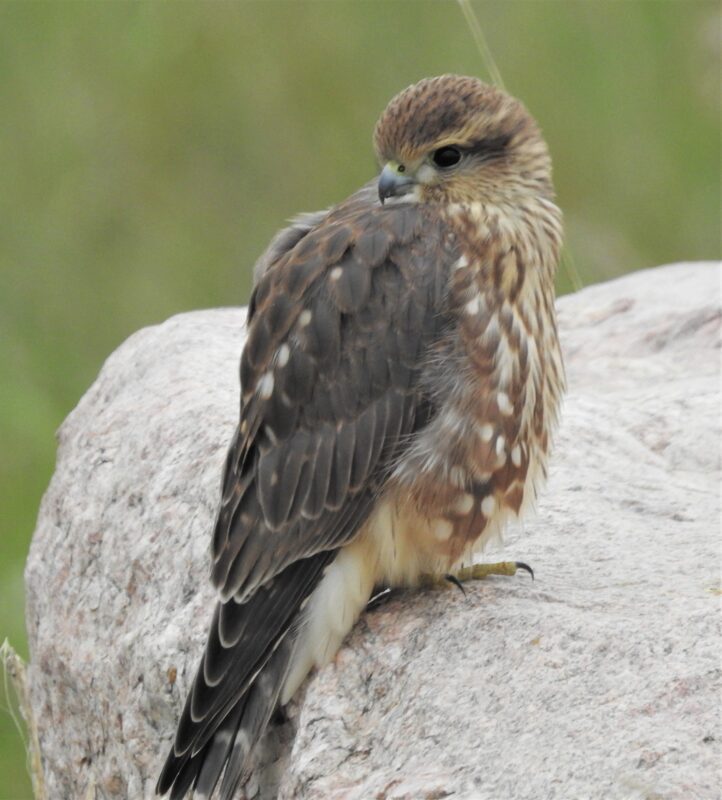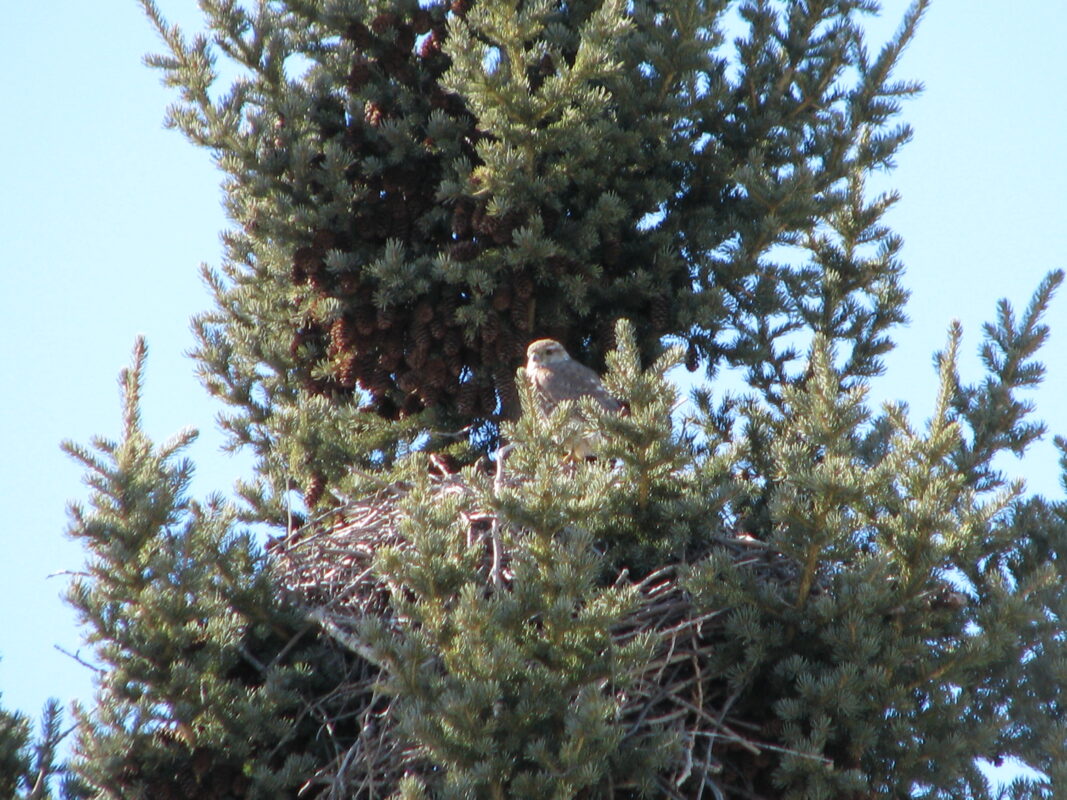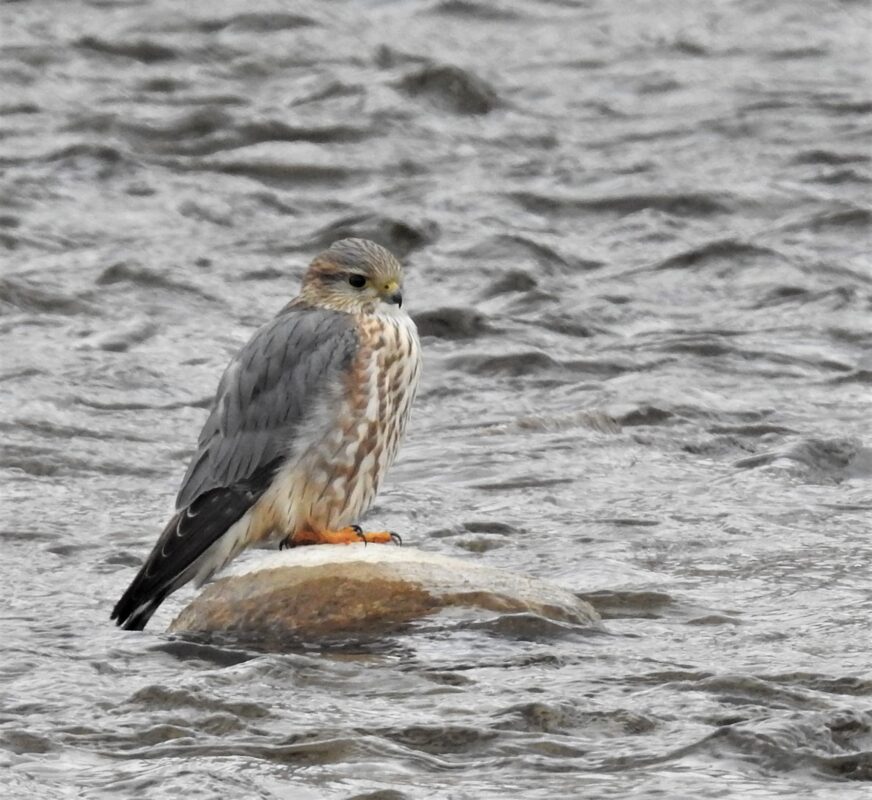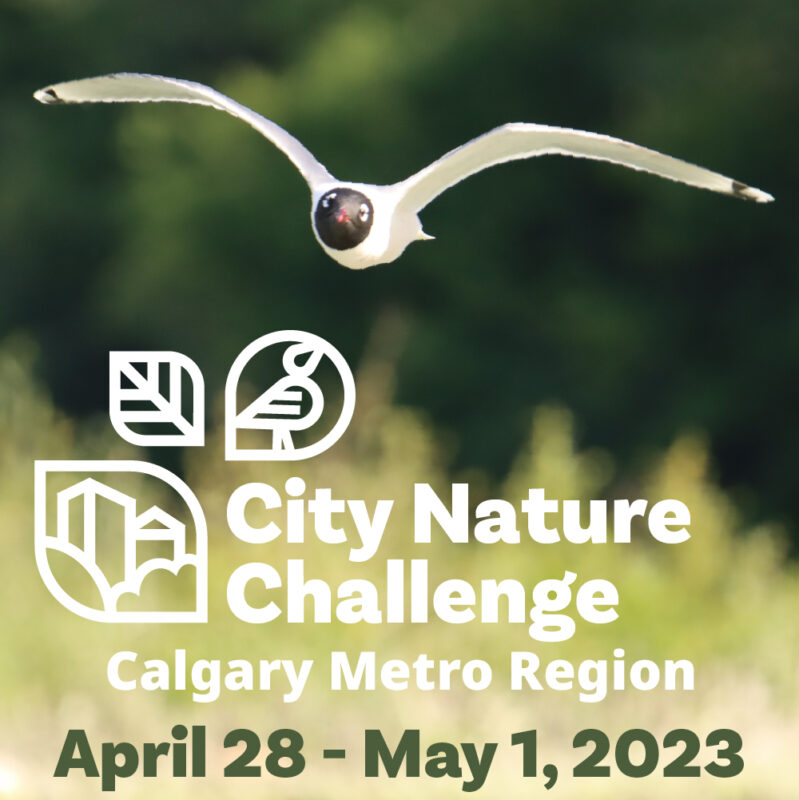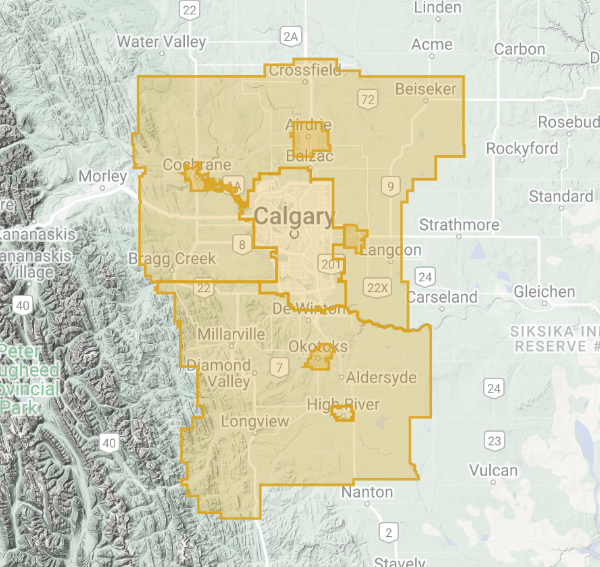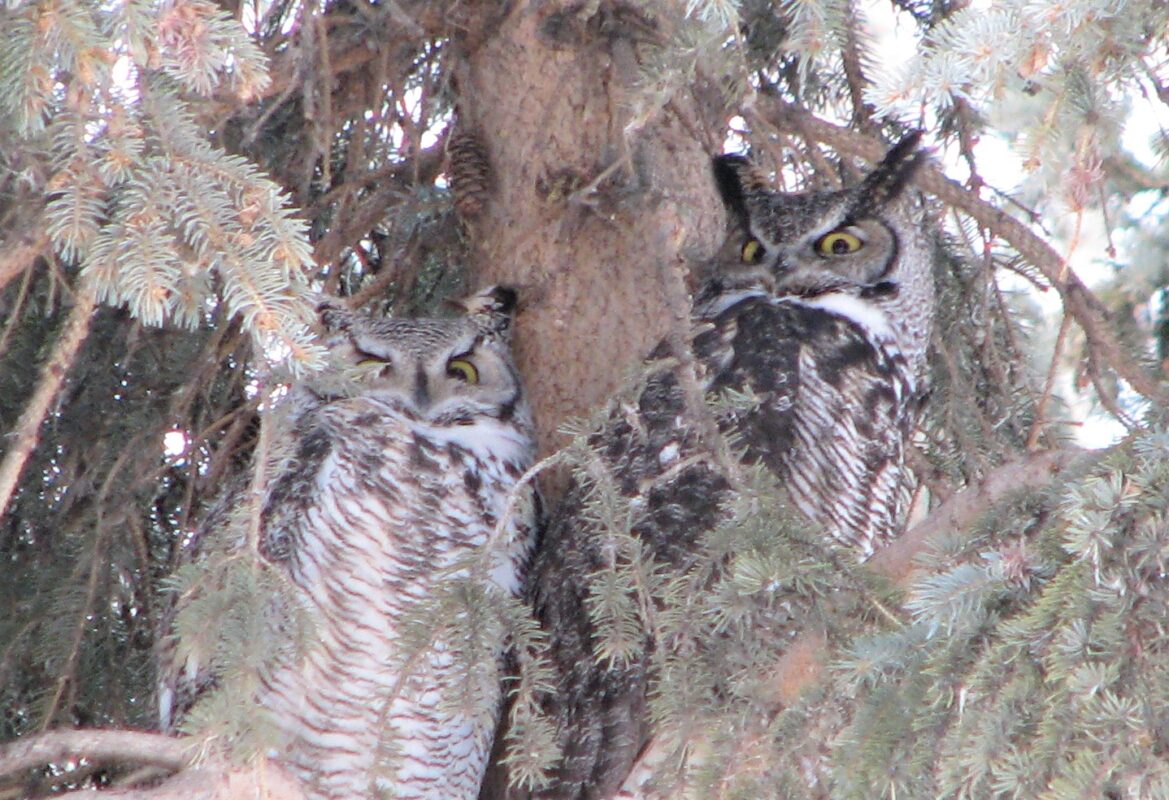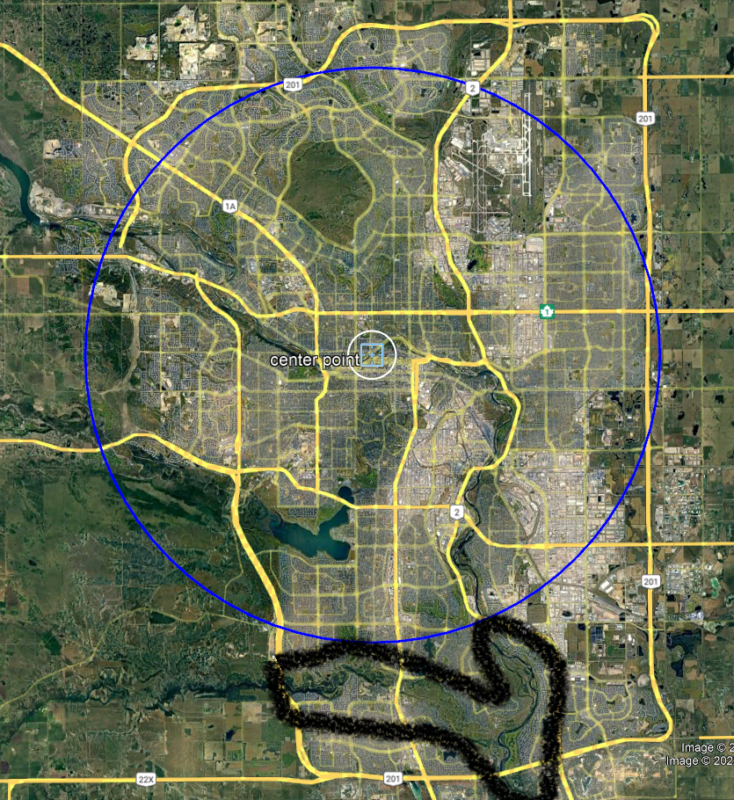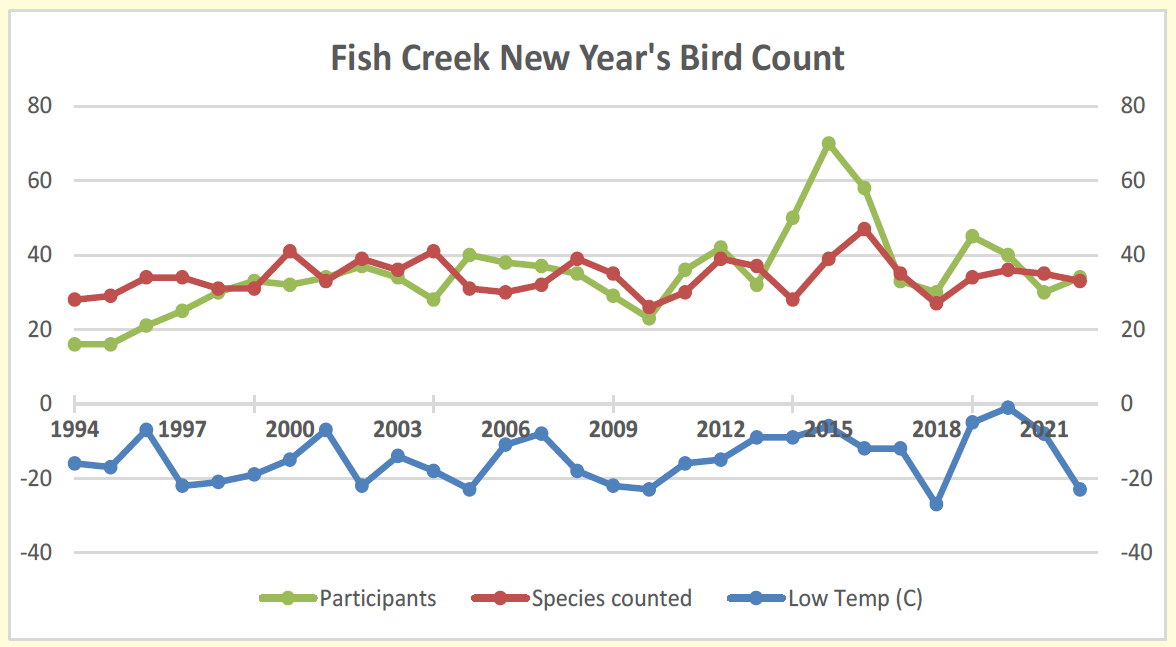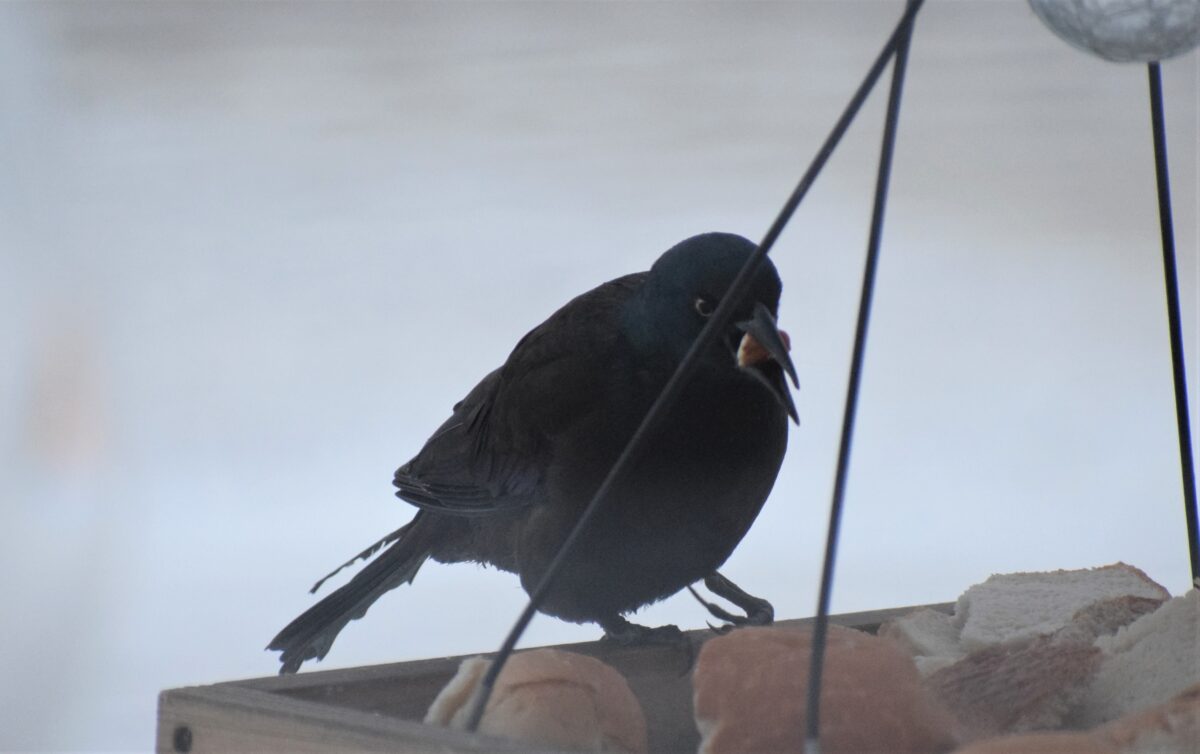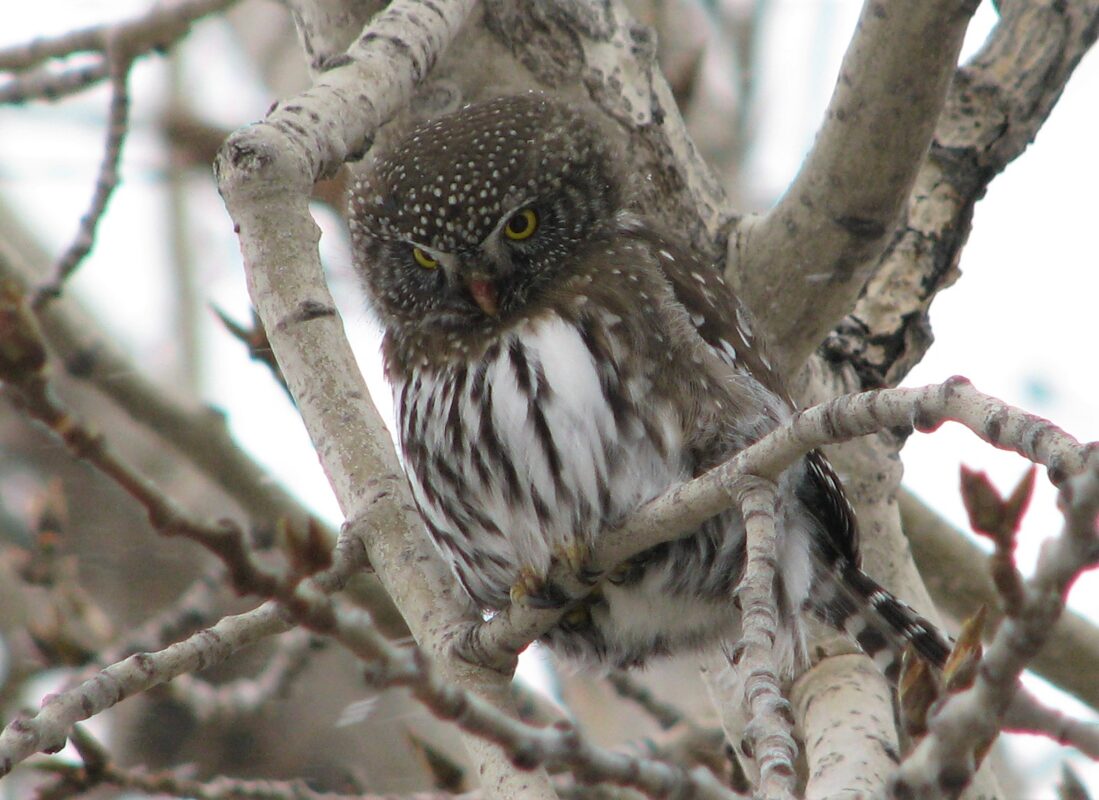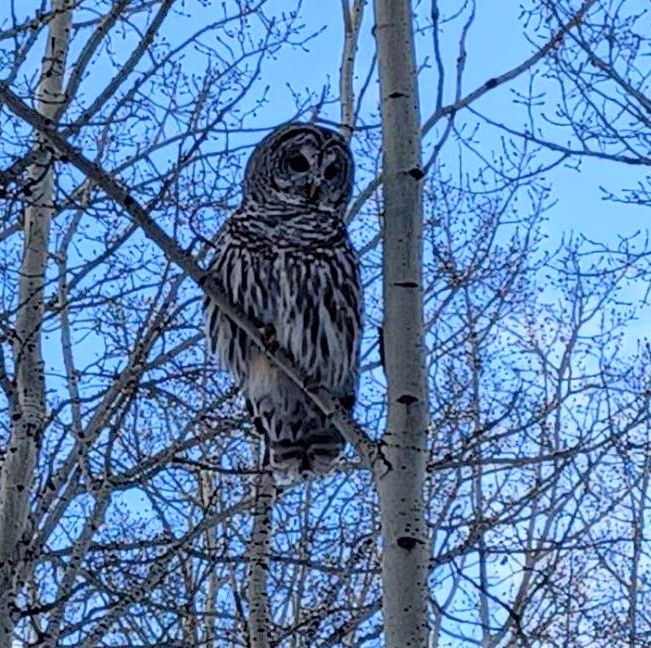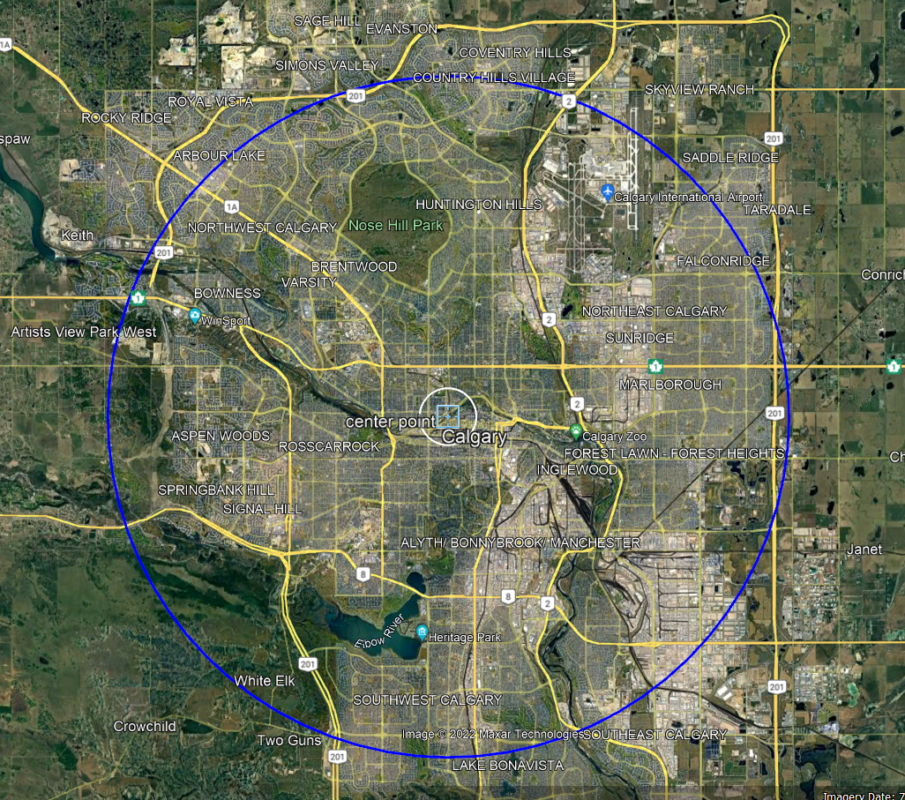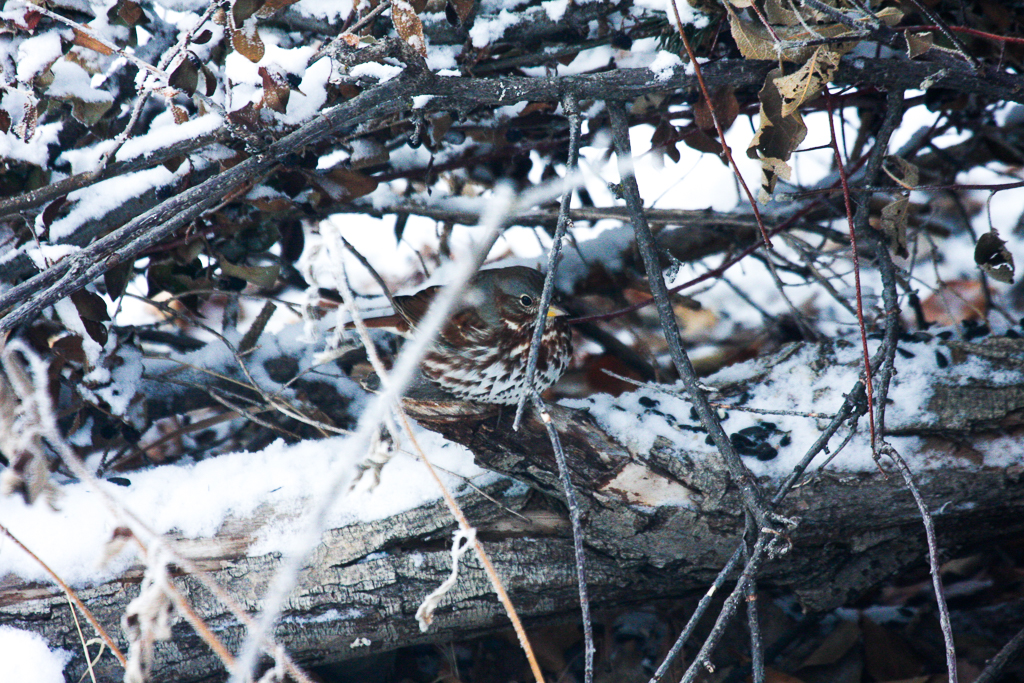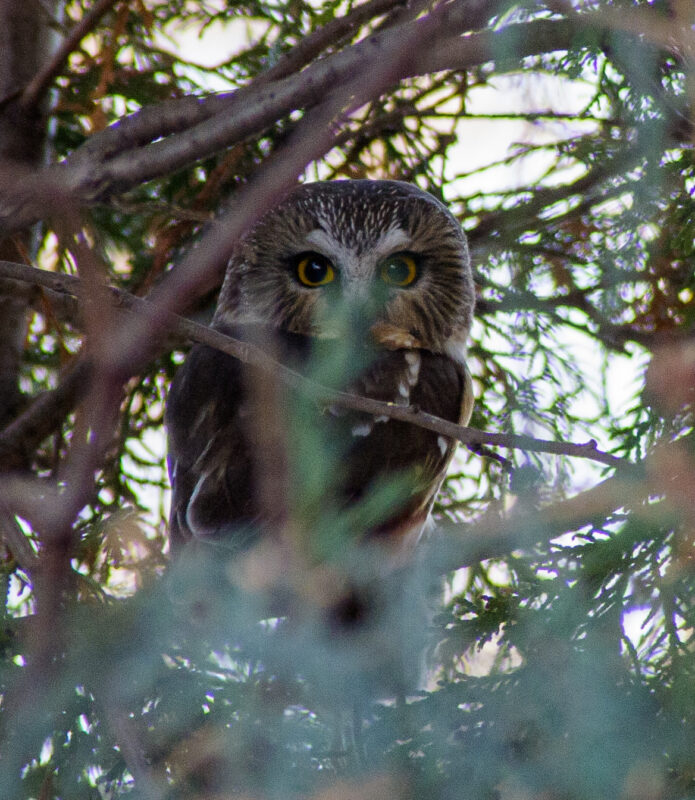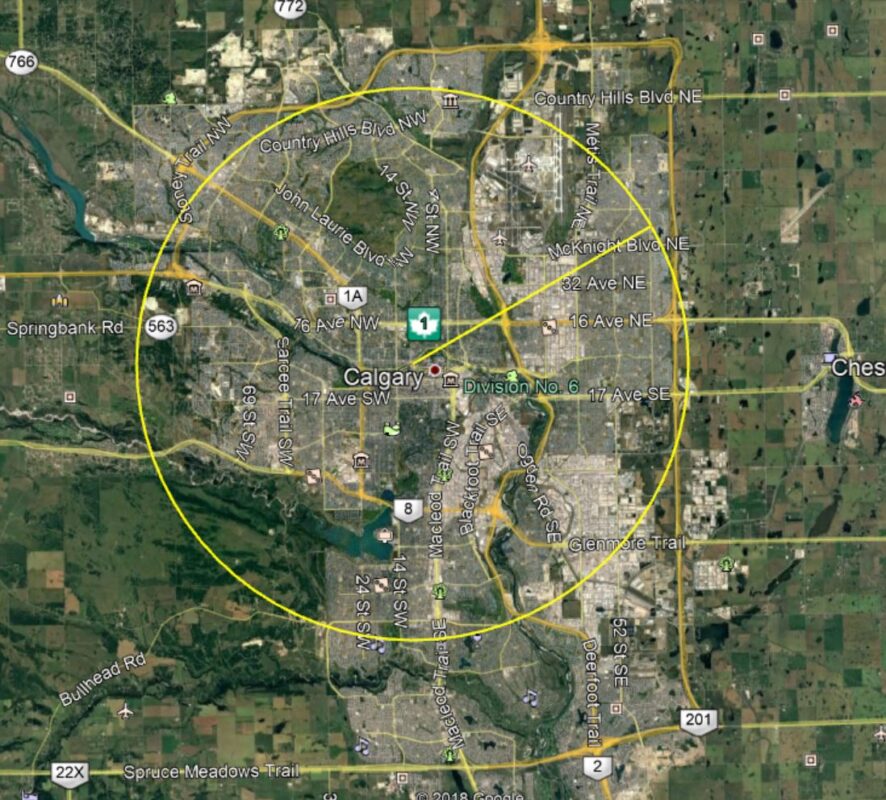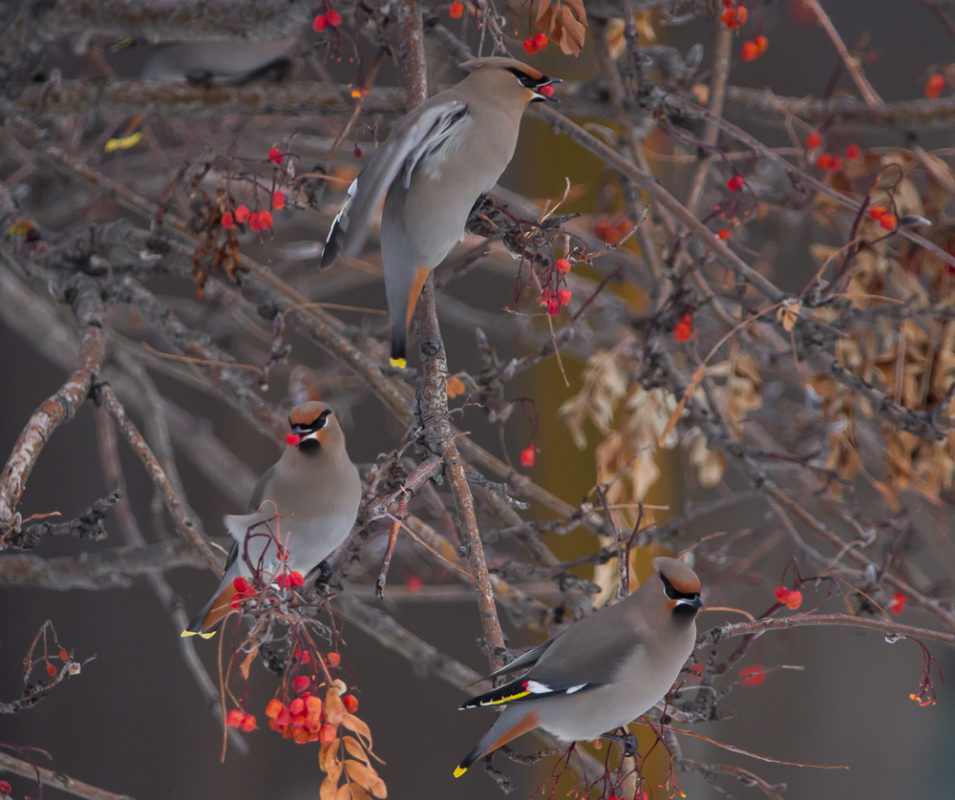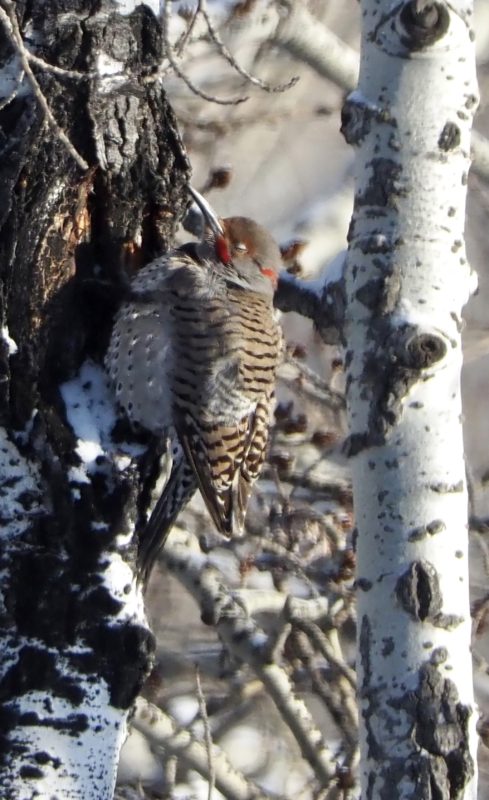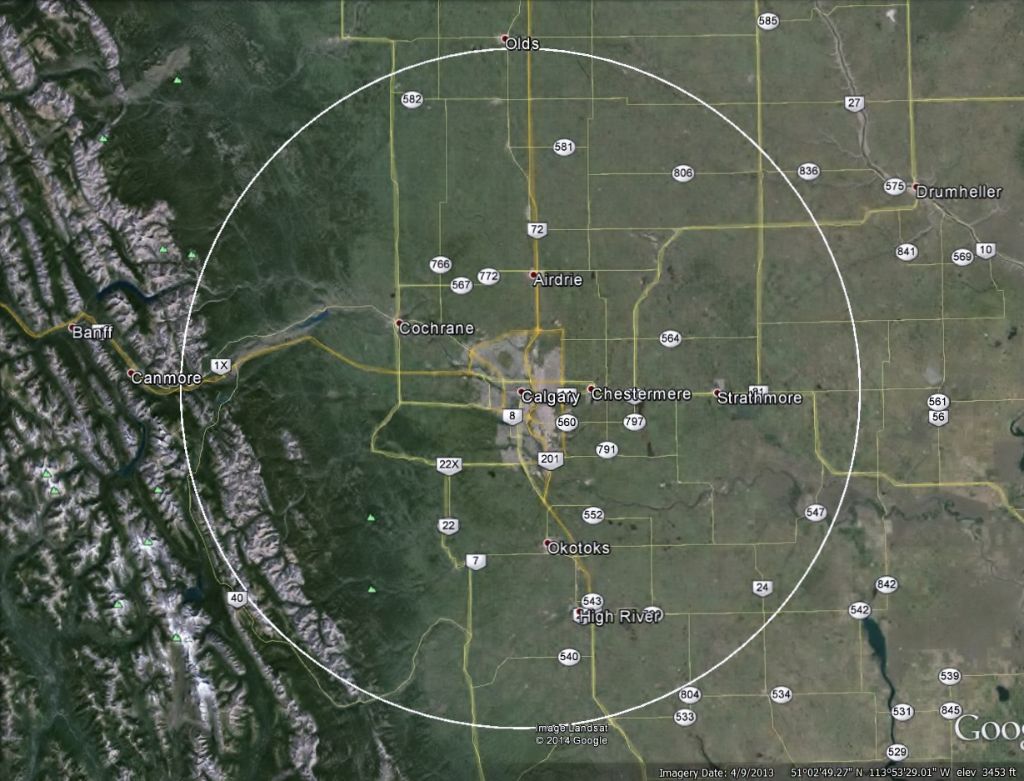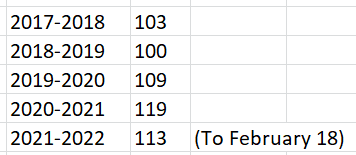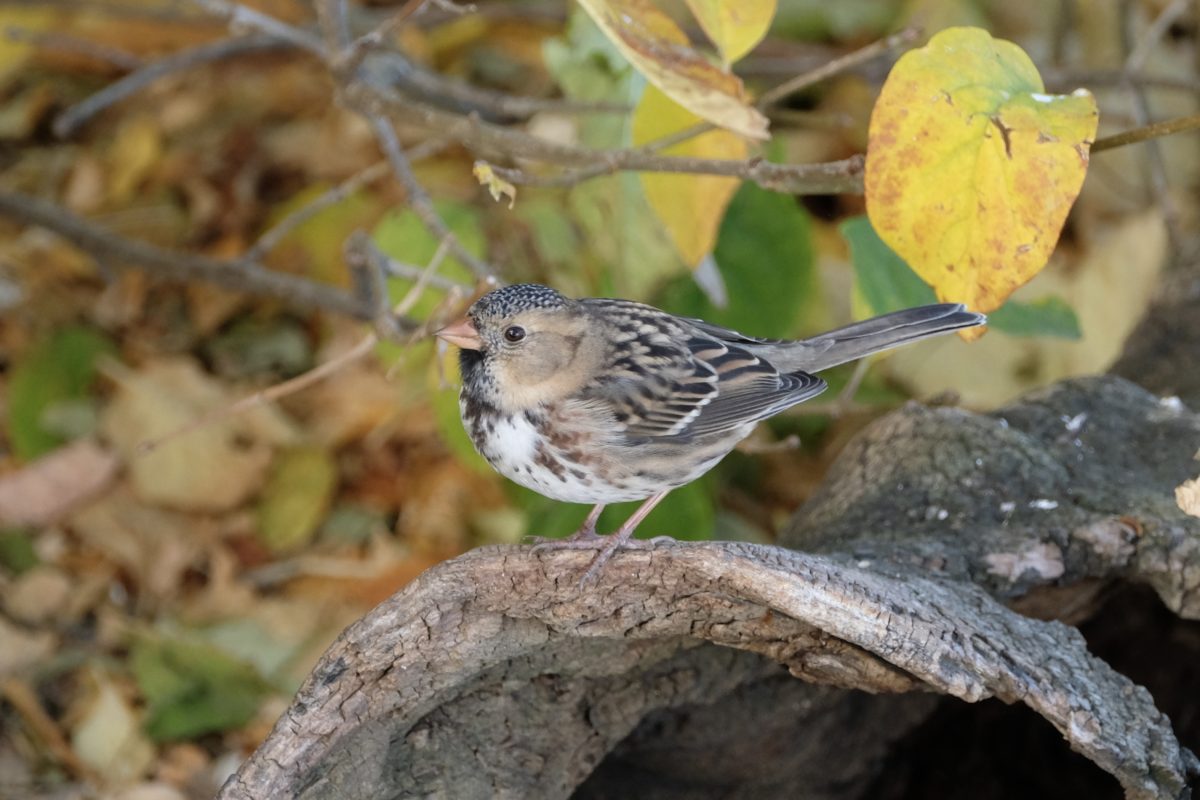Register to participate now!
The Calgary CBC will take place on Sunday December 17. If you want to take part either as part of a Field Team or as a backyard Feeder Watcher, please fill out the registration form. People who particpated last year will have already received this by email. Please only register once!
CBC Coordinator Matthew Wallace has created a CBC2023 Registration Form for all participants to fill out. We know that it’s a bit of a pain to have to fill this out annually. However, it drastically reduces the number of emails Matt receives and helps him to keep all of the information better organized (and updated if there are changes to your contact information). Please feel free to share the form with anyone you know who may be interested in taking part! The form is for ALL participants (Field Teams and Feeder Watchers).
Note that to be a Feeder Watcher, recording birds in your yard, you have to live within the Count Circle, which does not include the entire city. We will inform you if you resgister as a Feeder Watcher and your address lies outside the circle.
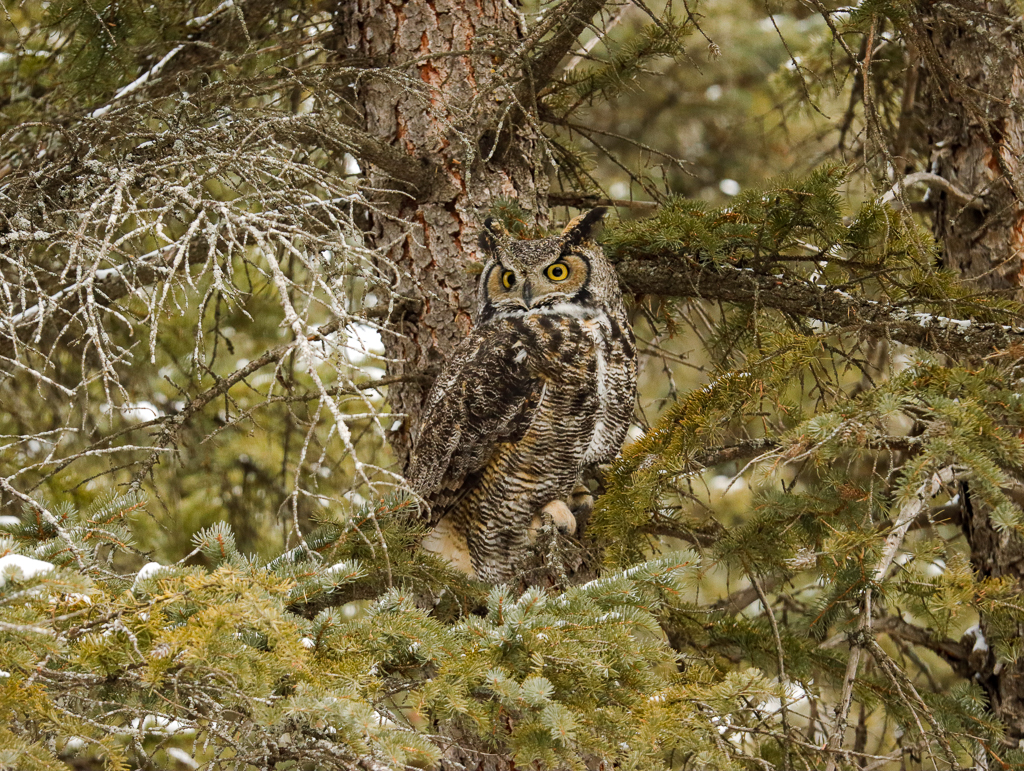
Below is more information about the count from Matt Wallace:
Calgary Count Day: Sunday, December 17, 2023
As you know, we have two divisions for people to participate. Field Teams and Feeder Watchers. Both are critical roles for us to be able to get adequate coverage of the circle area. Below is a brief summary of the roles. I also want to thank both Lara Fitzpatrick and Bob Lefebvre for agreeing to assist with compilation of all of your data submissions!
Field Teams:
Field Teams are composed of a circle Section Leader and section teams which help to survey a specific region of the circle. Leaders are generally carried forward from previous years but we often require a handful of NEW leaders to assist in circle areas which are unable to participate in any given year. The teams of volunteers communicate with their leaders to find out where they will survey. Sometimes this is as a group and other times teams are split up to cover their section. Each year we try our best to get everyone who has expressed interest in joining field teams out in the field and in an area of the city that they are interested in (BUT this is not always possible due to having too many people in one section and not others). Participants who are assigned to teams will be contacted by their Section Leaders to coordinate meeting locations or objectives (i.e. areas to search) in early December. Any late registrations will be offered spots where we are lacking participants. Trust me when I say we’ll do our best to get you in a zone that’s interesting but please have an open mind and be willing to travel if needed.
Field Team Data Submission: Once again, we are using eBird to submit our information: bird data (All birds identified and counted). Effort Data is collected by the section leaders for the entire team and is submitted via email using a template.
On the form this year I included a “Comments” section where you can express any interest in potentially being a new field leader.
Feeder Watchers:
FWs are responsible for counting birds at their properties on count day (Dec. 17). Feeder Watchers must reside or be participating at a residence within the count circle for us to be able to use the data. The minimum time required for counting birds is 30 minutes over the course of the day. This can be as a single session or broken up at various times throughout the day. Counting for longer than 30 minutes is encouraged! There is a specific methodology into how birds are counted as an FW. So if you register to be an FW, we will send out instructions into how this works prior to the count.
Feeder Watcher Data Submission: FW data is collected using templates and submitted back via email.
Count Week (December 14-20):
The CBC is essentially a census of all of the birds within our area. Occasionally, we can miss a couple rare birds so count week is an opportunity to scout locations and pick up any birds we may have missed. If you see any interesting birds during this period, please email me directly [citynatureyyc@gmail.com] so that we can include them as “Count Week” birds or notify section leaders to try and find them on count day!

